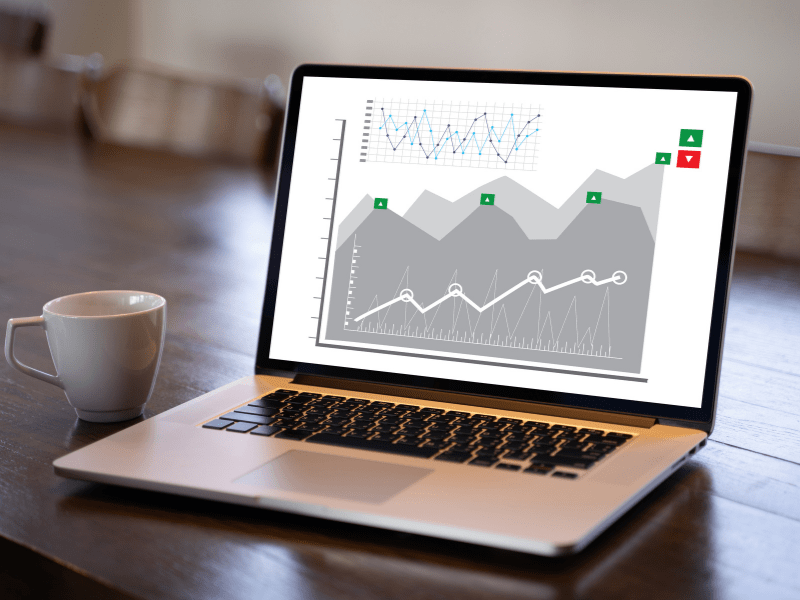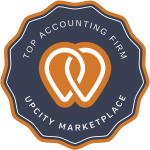


We’re not talking about $35 million seed funding, we’re talking about loans, private equity, and grants for small and medium businesses. In our line of work, we often have people asking us to help them secure funding from one source or another. Typically, we are brought in to bring the financial statements up to date and to consult on how best to show value in the business. Several of our owners, being serial entrepreneurs themselves, have a plethora of experience in obtaining funding. Here is a quick breakdown on how to get funding for small and medium businesses

Lenders primarily want to see how much free cash flow you have every month that is available to pay your debt to them. They make their profits on interest, by lending you money at 8% that they pay a depositor 3.5% to hold on to. In order to determine how financial solvent you are, they are likely to consider the following items:
Business revenue
Monthly cash flow
Outstanding debts
Unused credit lines
The household income of the owners
Amount invested by owner into the business
Future profitability
When you are approaching a lender, consider bringing:
One of the principles is the Revenue Recognition Principle[1]. When does a company recognize revenue? The answer is when the company has earned it, not necessarily when money changes hand. In a retail store, you pay for the purchases at the same time you take possession of your purchase. Revenue Recognition is easy, it occurs at the time of sale, which is also the same time money changes hands.
Now, let’s say you own an oil and gas tool company. When an oil company purchases a tool from you, you send them an invoice that is due in 30 days. When do you recognize this revenue? The answer is at the time of the invoice. At the time of invoice, you have transferred the tool to that company. Your company has completed its obligation in the deal. Even though you don’t have the payment yet, you recognize the revenue.
[1] https://www.investopedia.com/terms/r/revenuerecognition.asp
Many sources of funding for small businesses require financials or bank statements.
Depending on the current state of your business books, it can take weeks or months to catch up and be ready for funding!
Lenders tend to be easier to pull together a deal with than equity investors. For all but the largest of loans, their ask is pretty simple; come to us with your information and we will see what we can give you. We suggest bringing everything you might need to your first meeting. It’s often beneficial to look for lending from a bank you currently have funds at, as they know who you are and have a good idea as to what personal assets you have.
Finding an investor is tricky, although there are a lot of venture capital businesses out there who seek to bring potentially valuable businesses to the attention of their hunger community members. An investor is going to have a list of metrics they want to see, although being prepared with as many of them as possible can only serve you better. They often are expecting a pitch deck, a business plan, and a nice long sit-down over coffee or beer to get to understand your business better. An investor can add more to your business than cash though. Many investors pull from a depth of business experience in order to elevate the companies in their portfolio into higher levels of success.

